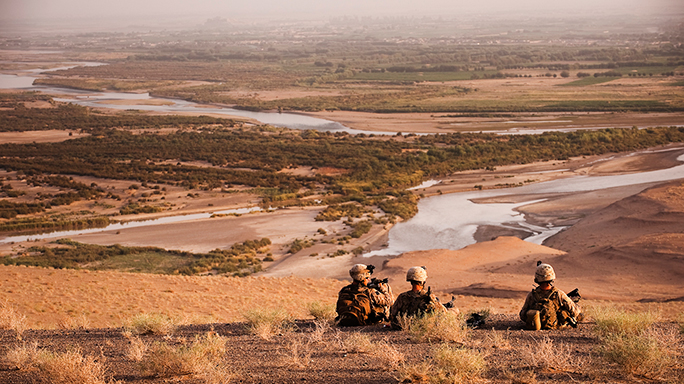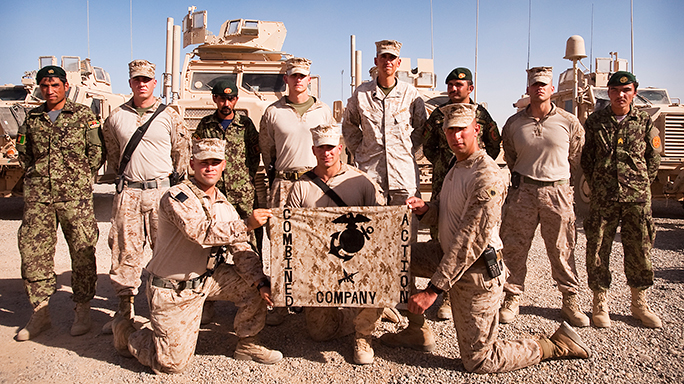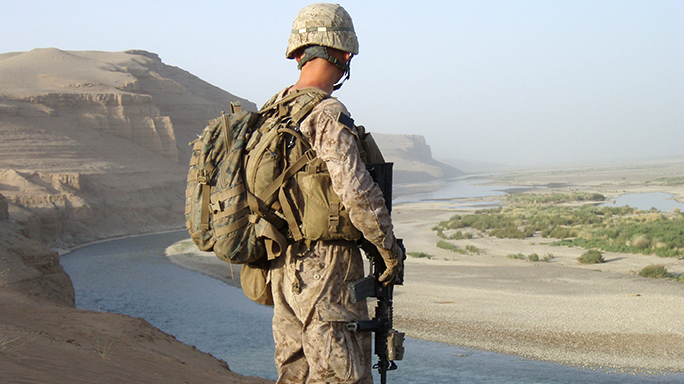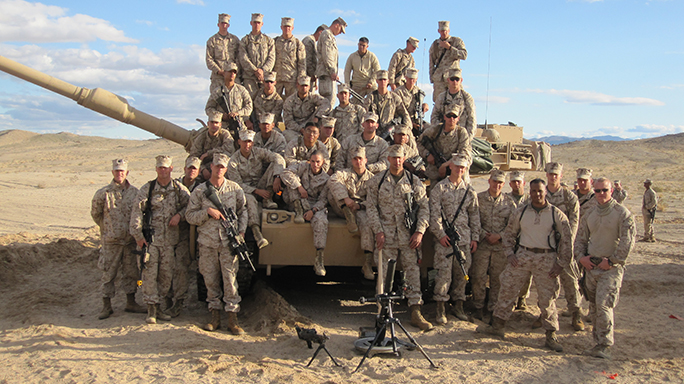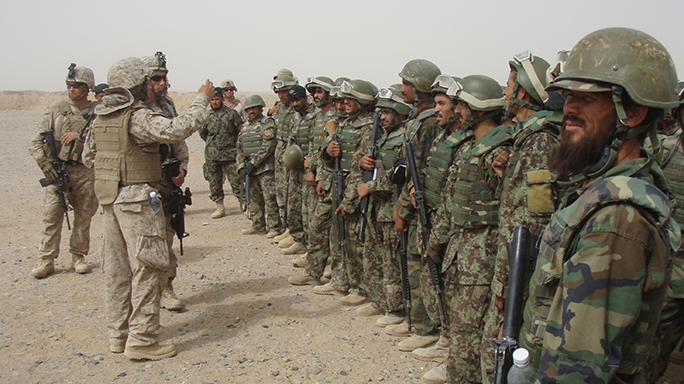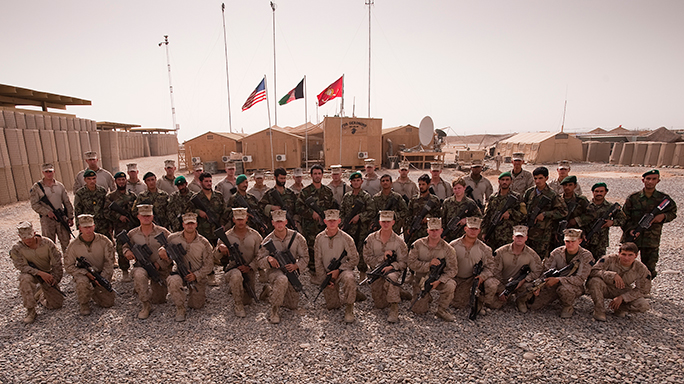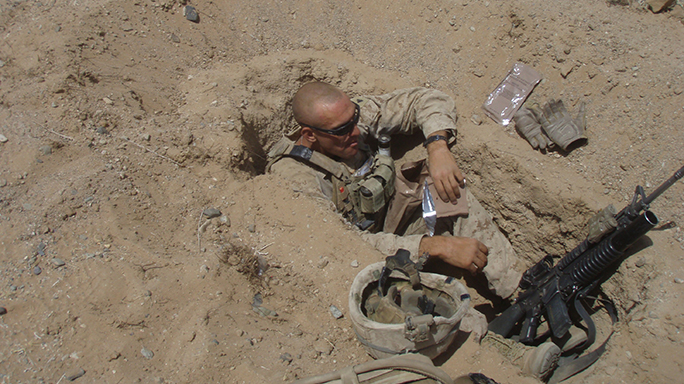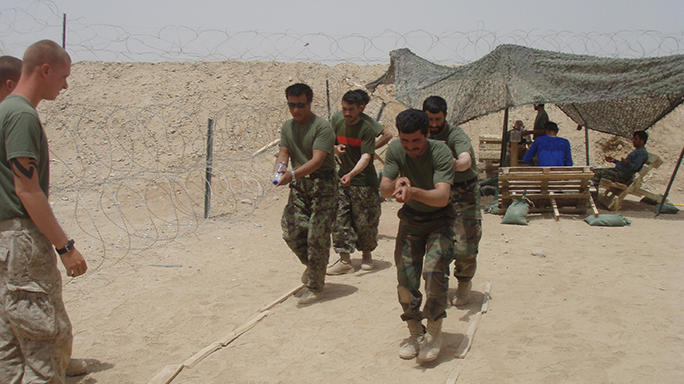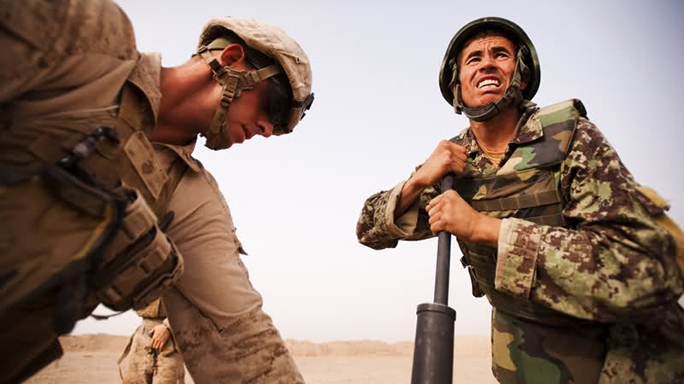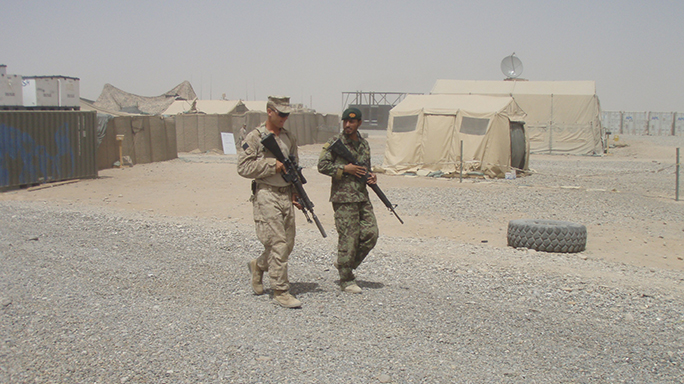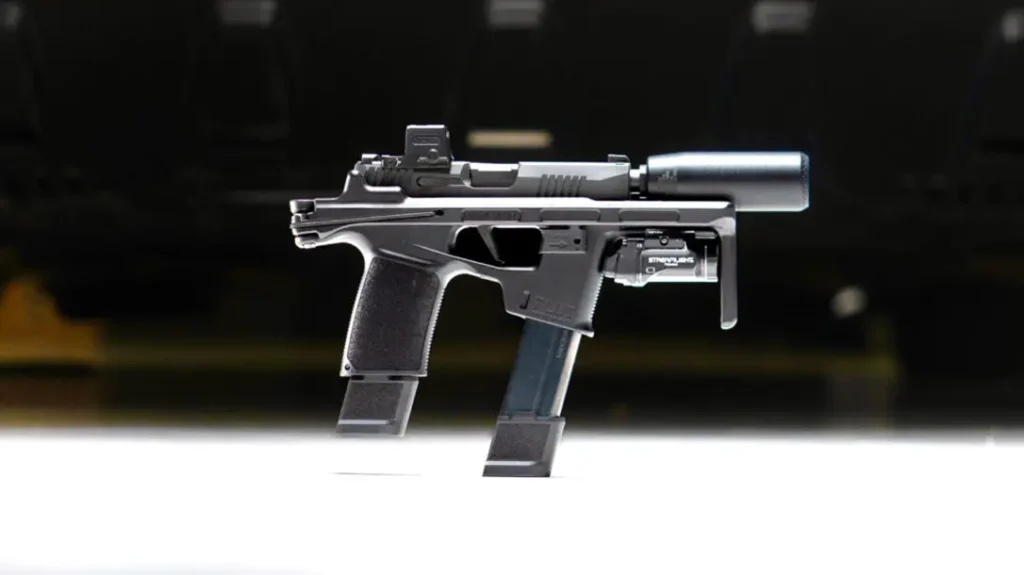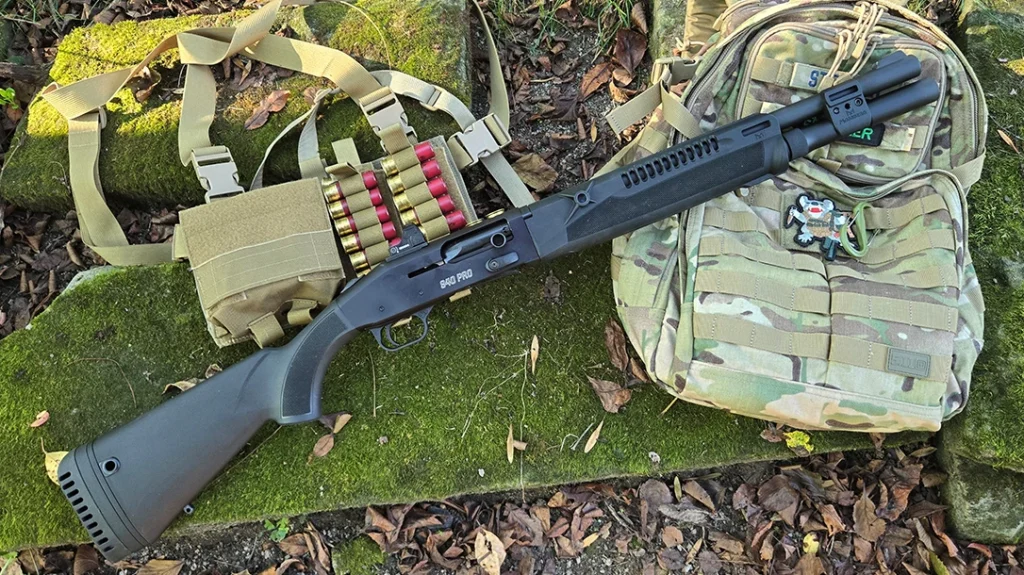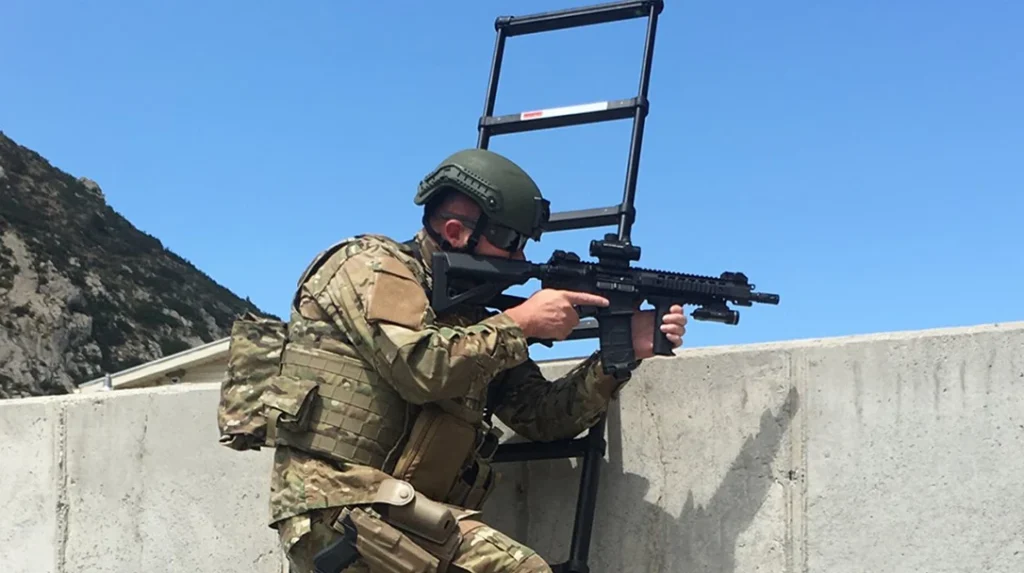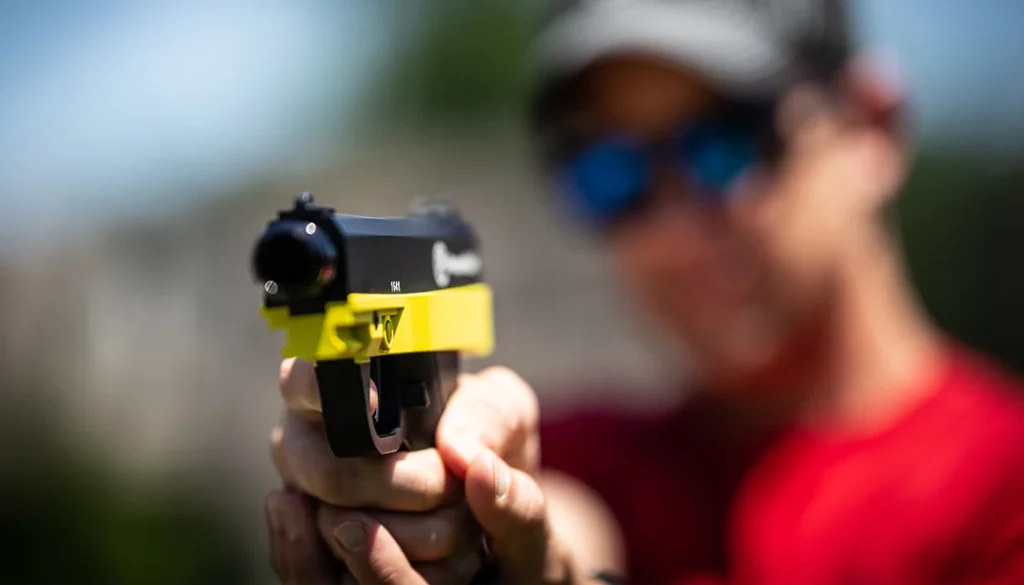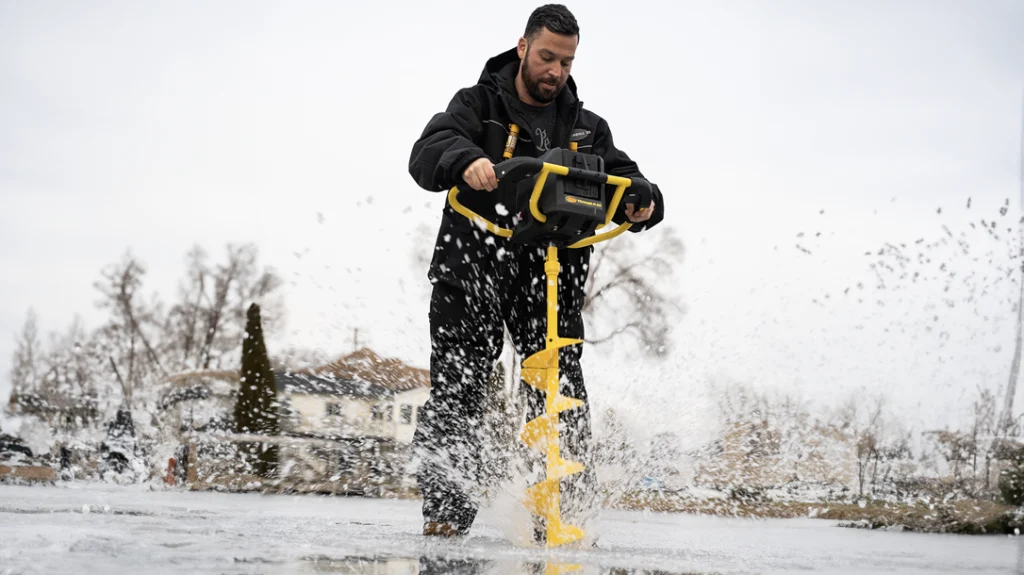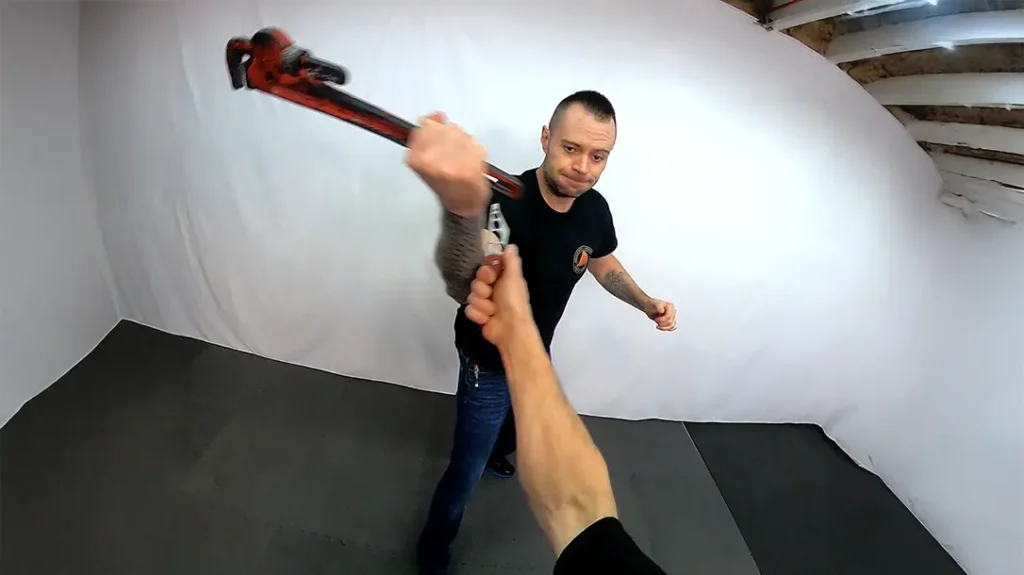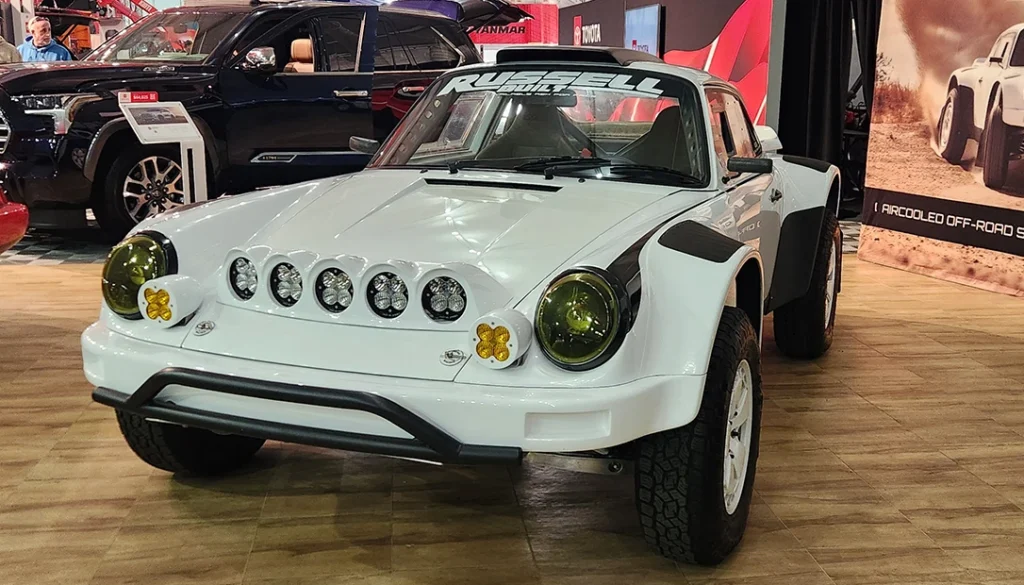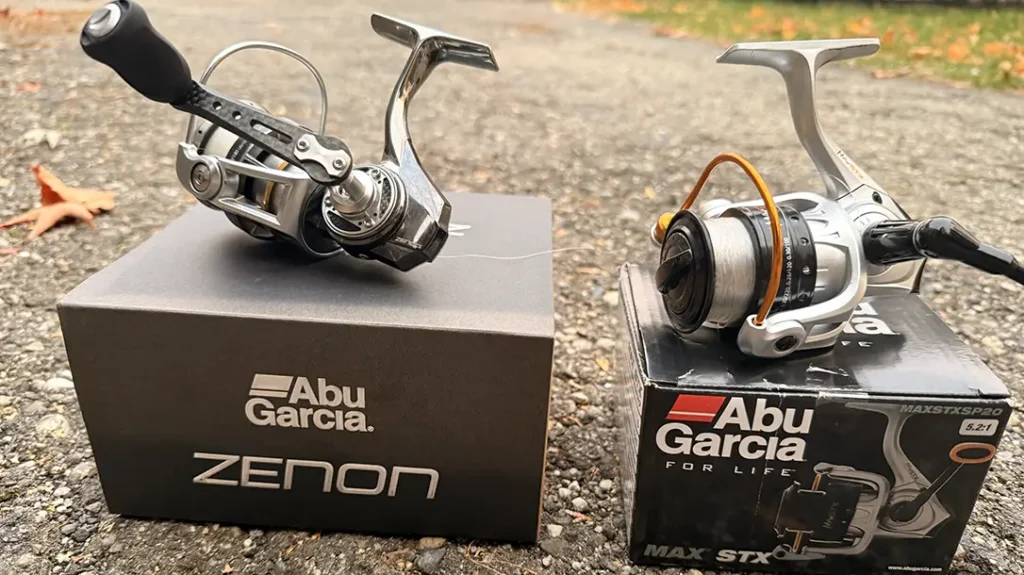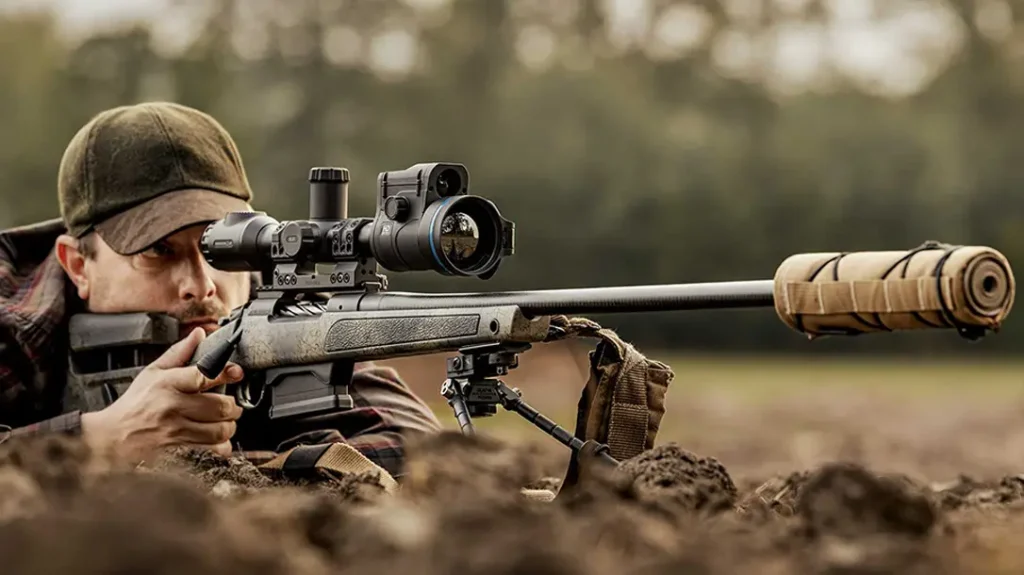“As if the gates of Hades opened up, my Marines started to pick up their rates of fire, sending hundreds of rounds downrange at the enemy compounds. They then opened up with a barrage of 40mm grenades from their grenade launchers and rocked even more compounds with their LAW rockets,” writes Captain Mark Bodrog, the author of a new book about our continual war in Afghanistan, Second Platoon: Call Sign Hades.
- RELATED STORY: Movie Review — 13 Hours: The Secret Soldiers of Benghazi
“The book was written as an homage to the Marines and sailors I worked with, the ones who gave their sweat, blood and tears in Afghanistan. They are part of the one percent of the population that actually answered our nation’s call and went to war,” said Bodrog of his book and the Marines.
Second Platoon, Call Sign Hades: A Memoir of the Marines of the Combined Action Company traces the deployment of Bodrog and his men as they entered the unique battlespace in Afghanistan, whose people never knew the Americans were coming. “Afghanistan was and still is very tribal. The local tribes and elders are what rule Afghanistan. For most of the population, a federal government in Kabul is a foreign concept, one many don’t understand or care about,” said Bodrog of his experience fighting in what is now America’s longest war.
Advertisement — Continue Reading Below
Bodrog continued, “When we arrived in Helmand Province in 2010, America had been there for almost 10 years and still weren’t really winning. The Taliban was having success in most part because of their ability to decentralize and empower the local leaders and tribal chieftains. Our mission was to get the area under some type of control and roll the Taliban back—and in the end, our unique counterinsurgency strategy and the Marines I worked with every day did just that.”
The Marines of Second Platoon: Call Sign Hades went back in time and borrowed some lessons from America’s second longest war. “In Vietnam, Bing West employed a strategy where the Marines would embed and engage with local forces and form Combined Action Platoons (CAPs). These platoons would work with local forces to find and disrupt the enemy. It allowed the platoon to integrate local knowledge to the fight, making them more effective.”
Bodrog continued, “In Afghanistan, we took this doctrine to the next level. We created a Combined Action Company (CAC) with Afghan security forces. Doing this at that level had never been done before. It was new for Afghanistan and for the U.S. military. In the book, it details this success story executed by the men of Second Platoon: Call Sign Hades. The Marines I commanded worked tirelessly to execute and have success with a mission that many, including those back home in the U.S., considered unwinnable.”
Advertisement — Continue Reading Below
In the book, Captain Bodrog details how the Marines he worked with used Afghan army forces to help thwart Taliban efforts and win the “hearts and minds” of the local villagers. “One of the most challenging aspects of this effort was understanding the Afghans and their way of life. At times it was very frustrating, as the corruption, greed and drug use by the Afghan army soldiers were rampant. Additionally, the term ‘Afghan’ itself is very loose, as within the country’s borders are villages and tribes that still identify themselves by their ethnic background—Pashtun, Tajik, Uzbek, etc. For the most part, their understanding of a nation stopped at their village’s border. This is where working with Afghan forces via the CAC was very helpful.”
The other issue that many don’t talk about in the context of the war in Afghanistan, besides the Taliban and other terror groups, is that the Pakistanis have a strong influence on Afghan politics and security. “It was clear to us, the Marines on the ground, that Pakistan, via their intelligence operations, carried large sway with Afghanistan on both a tribal and national level. Pakistan’s influence proved time and again to thwart efforts within Afghanistan to stabilize and build it as a functional nation,” noted Bodrog.
As you read through the daily efforts, battles and missions that the Marines of Second Platoon were tasked with, one thing becomes clear, the Marines brought enthusiasm, honor and mission focus to a combat situation that was anything but traditional. They performed, under the most adverse circumstances, beyond the scope of their tasking.
Advertisement — Continue Reading Below
“These Marines, many of them between 18 to 20 years old, strove every day to fight the good fight and uphold the honor of the Marine Corps. Since the September 11th attacks, less than one percent of U.S. citizens have taken the oath to wear the uniform of the United States of America. Even fewer have become Marines. I was fortunate to be deployed with some of them, whose American spirit and work ethic not only got us through our deployment, but made a difference in helping stabilize an area of the world that, when we first arrived, was viewed as the wild west,” said Bodrog.
Second Platoon: Call Sign Hades is a look into the roles and functions of the U.S. Marine Corps in Afghanistan. It’s a history lesson taught from the viewpoint of young American Marines, America’s 9/11 generation, who were sent to complete something that began in the streets of New York, Washington, D.C. and a field in Pennsylvania. It is a history every American should read about and learn from.
To purchase Second Platoon: Call Sign Hades, visit amazon.com. Also be sure to check out the Call Sign Hades Facebook page.
Advertisement — Continue Reading Below
